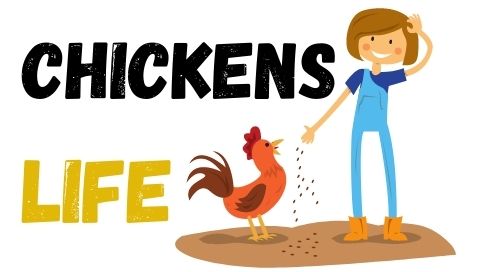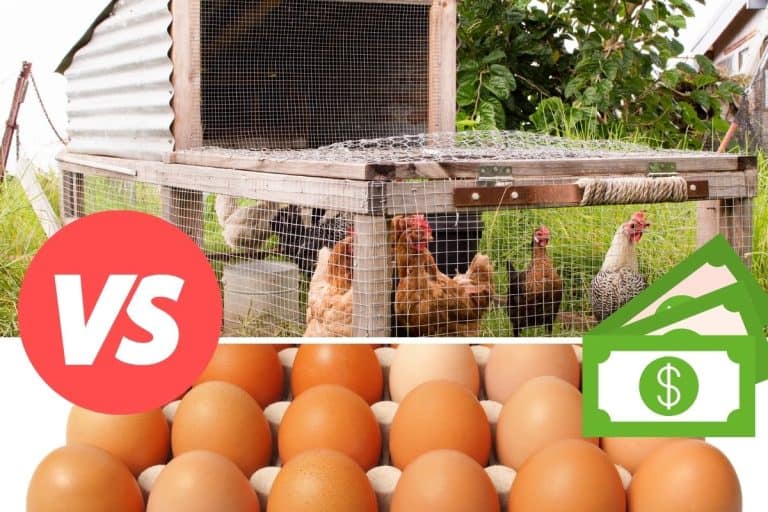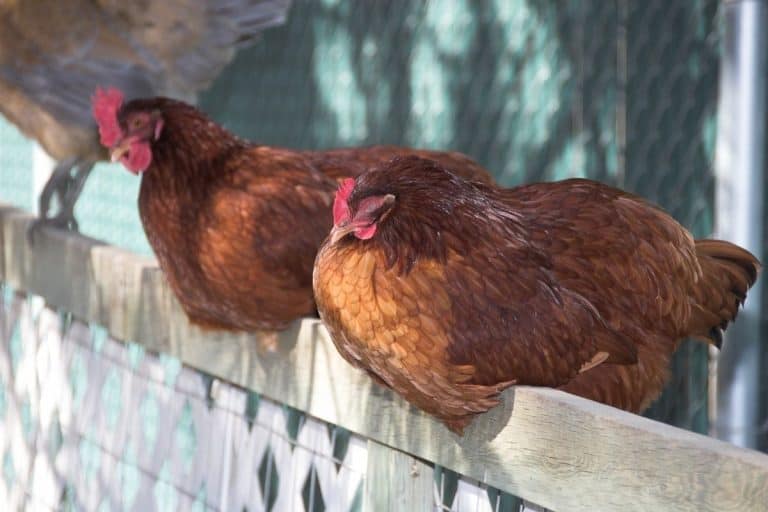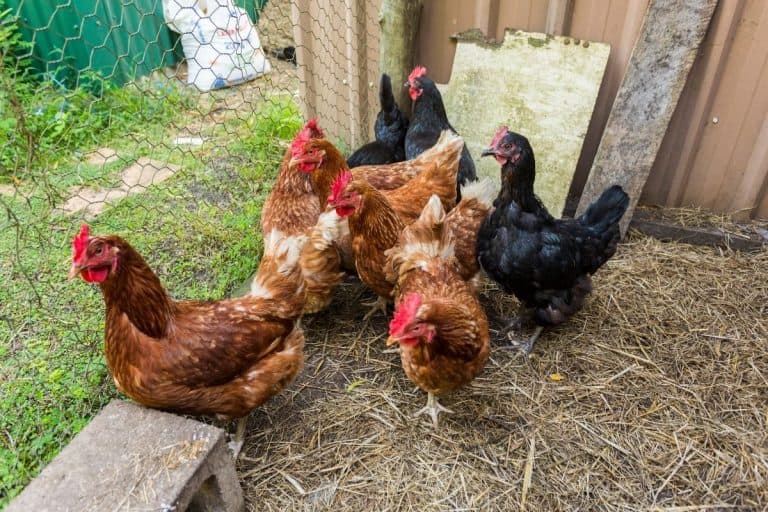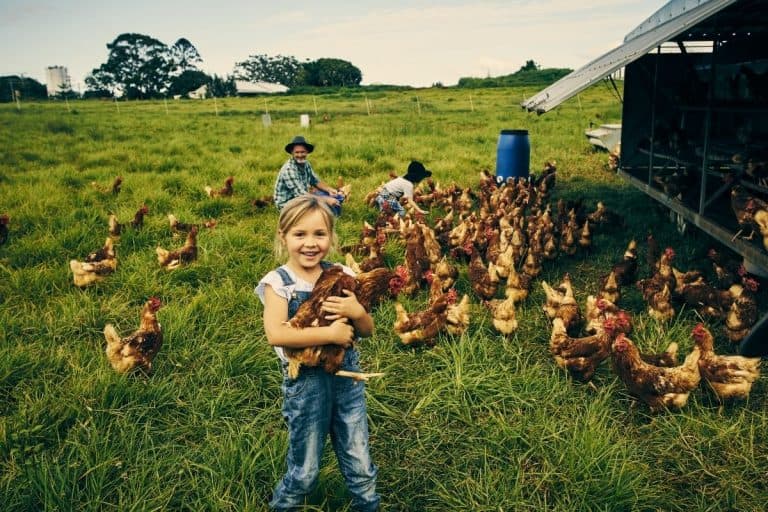How Many Chickens For a Dozen Weekly Eggs? (+Tips to improve)
Most of the time, people who are raising a backyard flock of chickens are doing so for the eggs. There are usually reasons beyond just gathering the hens’ eggs, but most of the time this is what people are looking to get out of raising these feathered ladies. Many chickens will only lay about one egg a day or less.
As a general rule, three hens should be enough to produce a dozen eggs weekly. On average, a young hen will lay between 5 and 6 egg per week, but this will decline with the age of the hen.
While the average chicken will lay close to one egg daily, it is important to know that the health and breed of the chicken will also dictate many factors about their egg production. Continue reading to learn more about what breed of chicken and diet is best for you and your flock, as well as tips for increased egg production.
But before you dive into this topic, did you know I've got a page packed with my go-to chicken stuff? From the best feed to handy tools, it's all there. Don't you want the best for your flock? Check it out right here.
How Many Eggs Does a Chicken Lay in a Week?
This number does depend somewhat on the breed of chicken that you have, but the average hen will lay close to 5 or 6 eggs in one week’s time. Every bird is different, so some chickens will produce more eggs than others and vice versa. You may recognize one hen as a consistent egg layer, while another one is a little less so and maybe has one every other day instead.

If you are needing a specific number of eggs and your hens are not meeting it, then it is likely that you need to look into your chickens and their living situation and health. Many factors can play into your hens not laying as many eggs like stress, poor nutrition and lack of light, age or molting.
Wait, I have some recommendations for you!
Before you go any further, I want you to take a look at some of the recommendations I've handpicked for you. I think these are essential items you should have for your chickens flock. You can check them out and buy them directly from Amazon.
 |  | 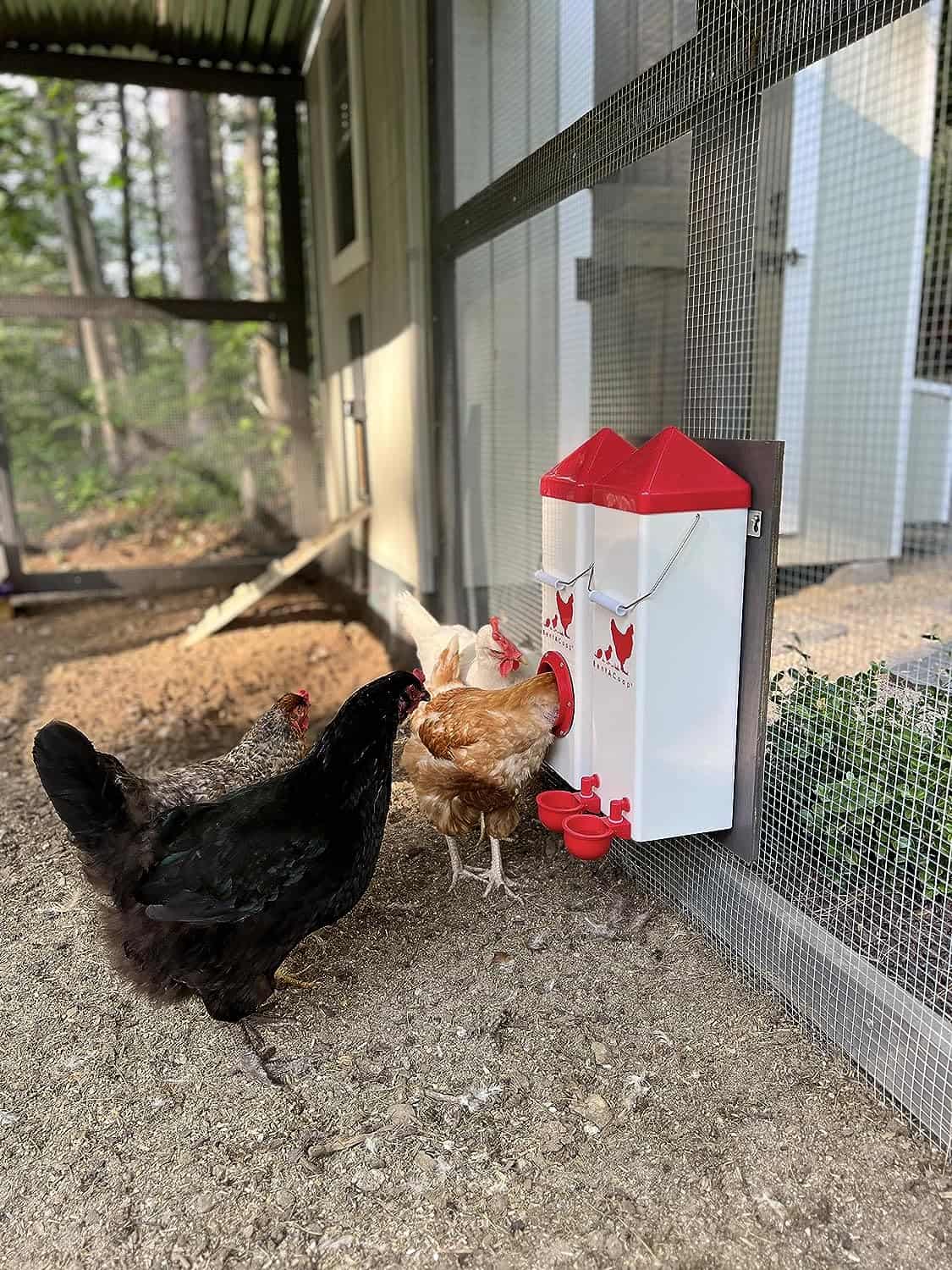 | 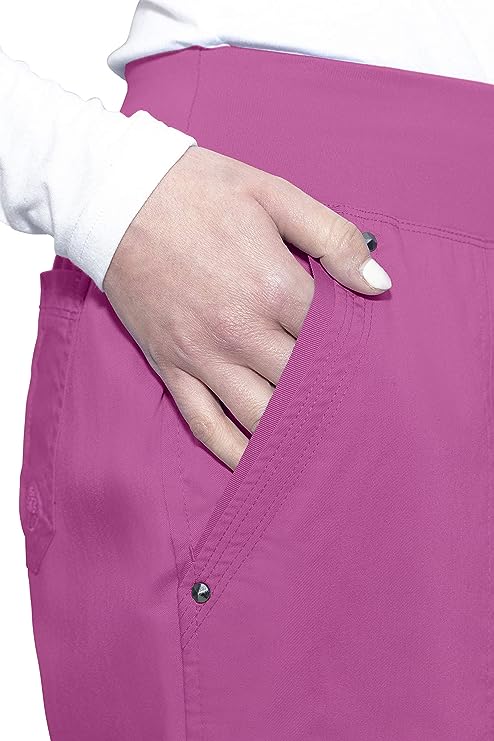 |
| Essential accessory for your coop | No more tripping over hoses! | Predator protection made easy | Comfort + style is possible |
At What Age do Chickens Lay the Most Eggs?
Many hens will lay the most eggs during their first year of life, peaking around 30 weeks, and will gradually decline in number every year until they reach the age of “egg retirement” around 7 years old. Below is a table to help show the average chickens’ egg production depending on their age:
| Year 1 | Year 2 – 3 | Year 4 – 5 | Year 6 – 7 |
| 100% | 80 – 70% | 60 – 50% | 45 – 35% |
Do Chickens Take a Break from Laying Eggs?
There are several completely normal and natural reasons why your flock may be producing fewer eggs.
Sometimes it’s simply because the days are growing shorter as the seasons change to fall and winter. Or perhaps it is time for their yearly feather molt. Either way, there isn’t much to be done for this, but there are a few tips below to try and help with these natural bumps in your hen’s egg-laying.
Molting
Chickens will take a break every year from egg-laying during their molting phase, which will last close to 8 – 12 weeks. At this time, you will see a decrease in egg production from your hens. You can feed them an increased diet of protein to try and quell this decline in eggs but regardless this is a natural and healthy process.
Seasons changing
As the year transitions from summer to fall and the daylight hours shorten, it is natural to notice a decline in egg production. Chickens typically prefer about 16 hours of light in order to lay one egg a day. You can supplement with a light source in their coop and run, or whatever enclose you have, to encourage more egg-laying.
Temperature
Colder weather can also have a lot of influence on the number of eggs that your hens will produce. Be sure to supply them with a heat and light source to keep the chickens happy and warm to encourage more egg-laying.
How Can You Increase Your Egg Production?
Those that are raising a flock of chickens will eventually run into a hen or two not laying the number of eggs that she should be.
While many factors such as health, molting, stress and diet play into their egg production, there are always ways to improve this issue. The first step is their health and diet, then seeing if things can be changed in their environment when a hen is having a hard time keeping up.
Overall health
Handling your chickens regularly and inspecting them for any wounds or broken bones is crucial. If they are being harassed by a predator or other chickens, or are in some way uncomfortable, then this will certainly affect their egg-laying numbers.
Parasites
Many types of parasites will prey on our chickens. Mites are the most common ectoparasite that will bother a chicken and its egg production. Be sure to begin the habit of inspecting them at night for any reddish-brown bugs running around their head. Call your veterinarian for treatment.
Coop security and stress
A chicken’s feeling of safety is rather important in regards to their egg production. If a flock or individual chicken is feeling stressed or insecure in their environment, you can expect to see a decrease in how many eggs they lay for you.
Ensure that they do not have any dangers of predators or the family dog or cat is leaving them alone if the chickens are bothered by them. It is important to provide your chickens with a safe place that they are comfortable brooding and resting.
A rooster can help with this, even if it comes with other downsides (more details here). And as a reminder, rooster don’t lay eggs, but they don’t prevent you from eating eggs from the flock either.
What Is The Best Diet To Feed Chickens For Egg-laying?
There’s no need to go out and invest in some super expensive feed that advertises a giant and consistent egg guarantee. All that is truly recommended is providing your chickens with a premium laying mash or pellet with the addition of fresh fruit, vegetables, mealworms and other healthy treats. Although, be sure to research what you are purchasing for your chickens since some of the diet proportions vary depending on the breed and age of the bird.
Supplements
If you provide your chickens with a balanced and nutritionally complete feed that is from a reliable source then you may not need to supplement very much. It is important to know that providing too many additional supplements can adversely affect your chicken’s egg production. Scratch grains along with vegetable and grass clippings should be provided in moderation but can be increased during the winter months for the additional protein.
Protein
There is scientific speculation that adding protein to a chicken’s diet will increase egg production during molting seasons and colder times of the year. Many farmer and backyard flock raisers have confirmed that this does render desired results.
Calcium
The addition of a calcium supplement is also something that is frequently recommended for egg-laying hens. Producing eggs requires a lot of calcium so besides providing them with a high-quality diet, incorporating a calcium supplement like crushed oyster shells or a manufactured calcium powder will help significantly in keeping your hen’s eggs strong and nutritional.
Will Feeding A Chicken More Increase Their Egg Production?
There is not any evidence to support that feeding a hen more will cause an increase in egg-laying.
However, feeding them too little will certainly mean fewer eggs. Not providing enough of a balanced diet will have a large effect on how many eggs that a hen will lay, but giving them more food will only fatten them up.
What Breed Of Chicken Lays The Most Eggs?
The breed of chicken that you are raising can play largely into the number of eggs that your chickens will produce. There are several breeds that can lay eggs daily and others will give you less, but each one has its differences in personality and suitability for your environment.
Leghorn
This is the most common chicken used for mass egg production in America. The Leghorn is a fairly small breed of chicken with an equally small appetite. They lay the signature white eggs that many US households are familiar with purchasing from the grocery store.
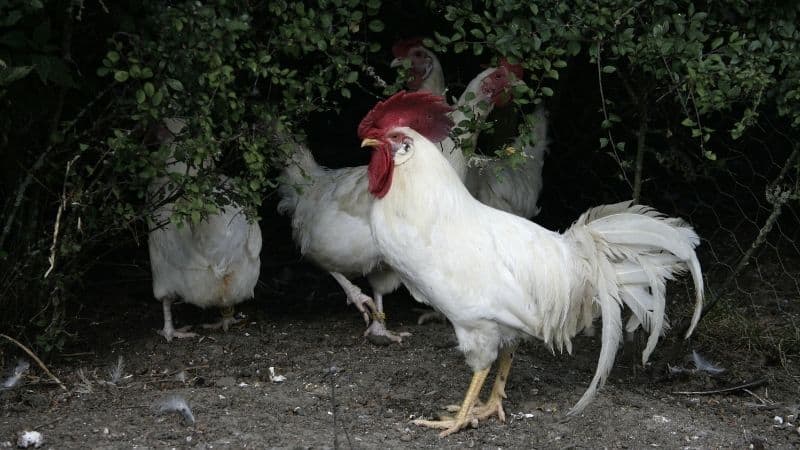
The leghorn can produce close to one egg a day. Note that there are two types of Leghorn chickens, one that is meant for mass production and one that is called the “heritage” variety, which is meant more for backyard raising. Not known for being the best chicken for first-timers.
Rhode Island Red
Another American favorite, this breed is similar to the leghorn, meaning that there is an industrial and heritage variety. The heritage type is used more in backyard farms as a dual-purpose chicken, meaning that they may eventually be used for meat and not just their eggs.
The Rhode Island Red is known for being gentle and easy to raise, making them more ideal for domestic environments. They are terrific layers and can produce close to 5 – 7 eggs weekly.
Astrlorp
This breed of chicken hails from Australia and one hen actually holds the world record for egg-laying. She produced 364 eggs in one year!
The Astrolorp has a large fan base and will not upset when it comes to egg production numbers and backyard sustainability.
Red Star
This chicken is a cross of multiple different breeds that was originally created in the early to mid-1900s in America. It is known for being an adequate producer of eggs as well as decent dual-purpose chicken. They can provide close to 200 eggs a year.
The Red Star is also sweet and easy to handle, making it an excellent choice for families with young or beginner chicken raisers.
Orpington
Originally bred in England. The Orpington is known for being a popular show chicken thanks to its attractive look and friendly disposition.
Making this breed an excellent choice for many flocks. They can produce up to 200 eggs a year.
Final thoughts
I hope this article brought a few answers to help you. By the way, if everything is new for you, I have another article about the number of chickens to start with, you should probably take a look at it if you still have some doubts.

